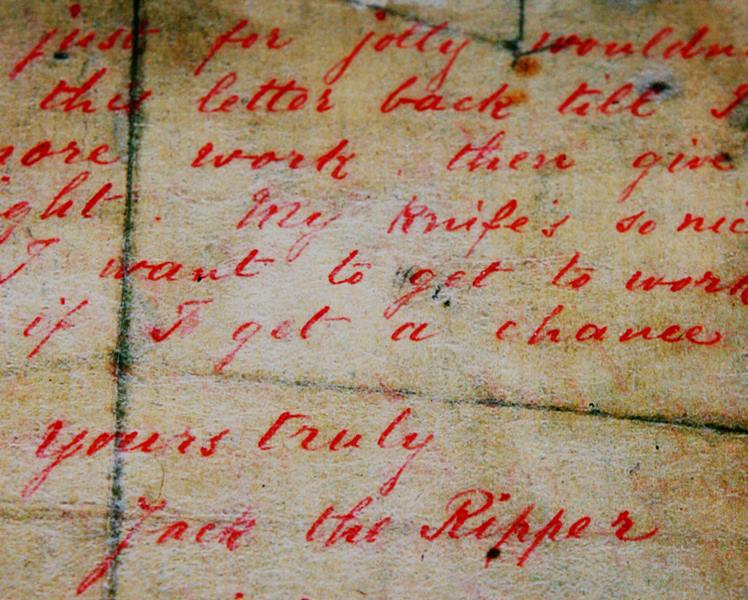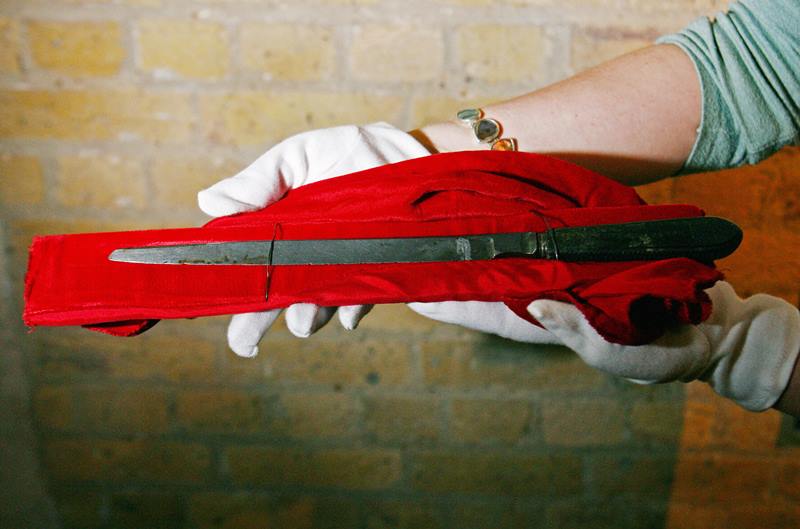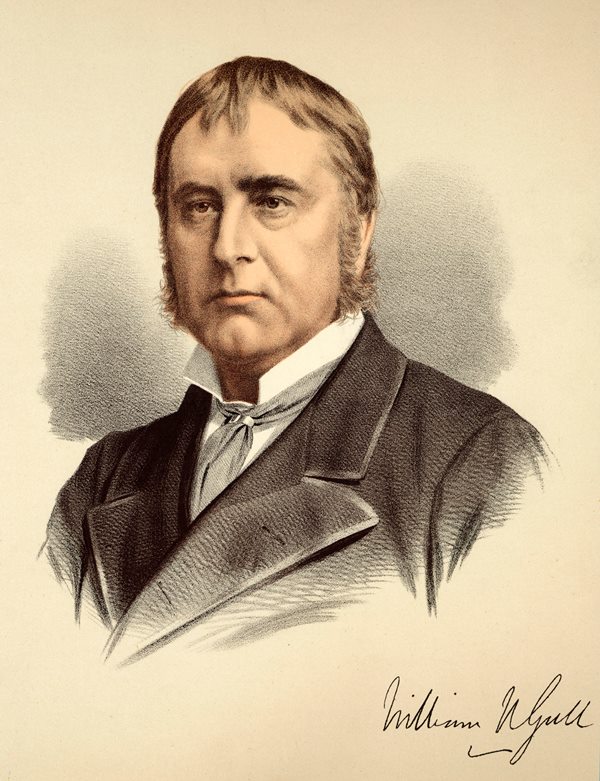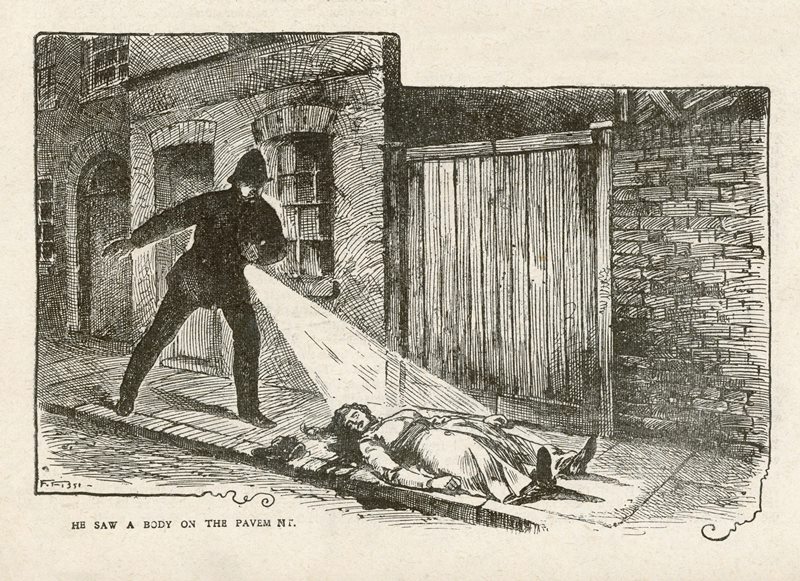More than a century after Jack the Ripper stalked London’s Whitechapel district savagely butchering at least five women, a self-described “armchair” detective claims to have solved one of the world’s most notorious murder mysteries.

In an interview published Sunday in London’s Daily Mail, Russell Edwards claims Aaron Kosminski, a 23-year-old Polish hairdresser was behind the grisly killing spree that gripped London’s East End slums in 1888.
As proof, Edwards explained how he used DNA testing from a shawl that belonged to one of victims, Catherine Eddowes, which contained both the blood of the victim and her killer.
He bought the shawl at auction in Bury St Edmunds, and enlisted the help of an expert in molecular biology, Jari Louhelainen from the Liverpool John Moores University, who took on the task of testing the blood stains.
“I wanted to provide real answers using scientific evidence, and I’m overwhelmed that 126 years on I have solved the mystery,” Edwards told the Daily Mail.
He said he was inspired to begin studying the case after he saw the 2001 film From Hell starring Johnny Depp who plays a detective trying to catch Jack the Ripper.
The particularly gruesome case of Jack the Ripper centres around a serial killer who brutally killed at least five prostitutes by slashing their throats, and in some cases removing internal organs, between Aug. 31 and Nov. 9, 1888. He was suspected of up to 13 murders depending on various theories.

Get breaking National news
During the terrifying killing spree, a letter was sent to police and newspapers with the signature Jack the Ripper. One of the last authentic letters was signed “From Hell.”
Over the years amateur detectives have posited a number of theories about the identity of the true killer. The Duke of Clarence, a surgeon named Sir William Gull, Victorian painter Walter Sickert, cobbler John Pizer, and even author Lewis Carroll have all been accused of being the dreaded Ripper.
In 2011, a knife believed to have belonged to Welsh surgeon Sir John Williams was linked to the Ripper murders. Williams, who fled London following the murders, had long been a chief suspect in the case and a book detailing his involvement was published by one of Sir John’s distant relatives.
IN PHOTOS: A look at the evidence in the Jack the Ripper case
Edwards says new DNA testing on relatives of both Eddowes and Kosminki matched the DNA found on the shawl as being from the victim and hairdresser.
“I’ve spent 14 years working on it, and we have definitively solved the mystery of who Jack the Ripper was. Only non-believers that want to perpetuate the myth will doubt,” said Edwards in the interview.
Among the list of doubters are those who believe the 126-year-old piece of “evidence” could be contaminated or the suspect could have been a customer of the victim.
One noted skeptic Alec Jeffreys, who invented DNA fingerprinting 30 years ago this week, is calling for Louhelainen’s research to be peer reviewed and told The Independent that until there’s detailed analysis of the research methods “no actual evidence has been given.”

















Comments